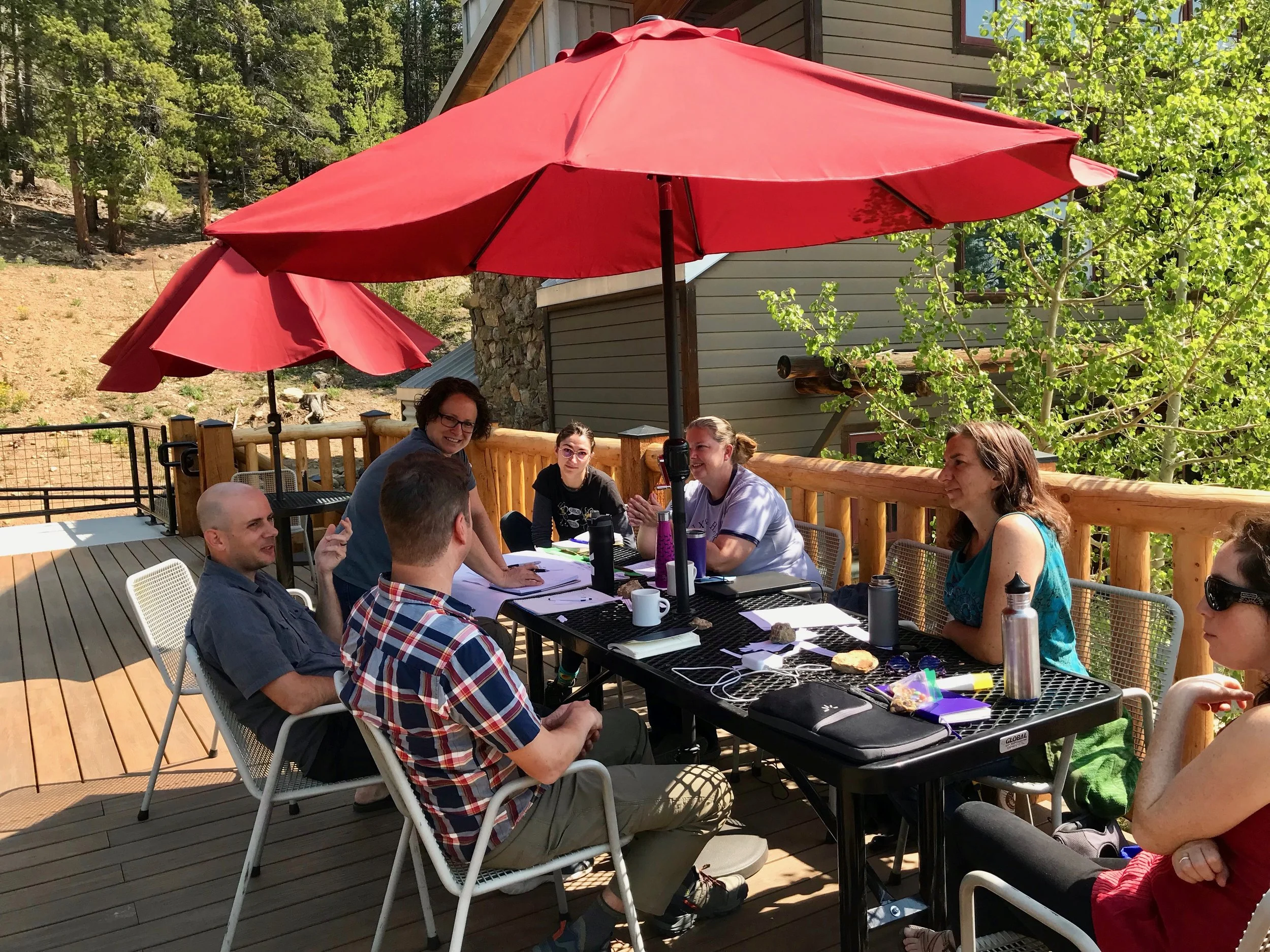
RCN Workshop #1
Using Network Theory to Identify how Individuals, Populations, Communities, and Ecosystems Respond to Environmental Change
June 12-15, 2022
Mountain Research Station (Niwot Ridge LTER)
-
1.) Identify outstanding questions in organismal biology.
We will do this by gathering biologists with diverse expertise and interests and soliciting what they think are the outstanding questions in organismal biology. Many participants may not characterize themselves as an “organismal biologist” and the point here is to have outside voices and views on this field. Breakout groups #1 on Day 1 will focus on this objective.
2.) Identify which of these outstanding questions in organismal biology that can be addressed by NEON.Some participants will not have preexisting knowledge of NEON so a portion of this workshop will provide information from NEON staff and NEON staff will attend the workshop. Breakout groups #2 on day 1-2 will focus on this objective.
3.) Identify if/how network theory can be incorporated with NEON to be used to address outstanding questions in organismal biology.
We will have a more tailored discussion that outlines how network theory can be used to address how individual organisms, populations, communities, and ecosystems respond to environmental change. Breakout groups #3 on days 2-3 will focus on this objective.
-
This Workshop is focused on:
1) Establishing the RCNWe want to establish the RCN within the scientific community, make new connections among participants, enable participants to learn about NEON and visit a NEON site. This is aligned with our ultimate goal of the RCN to have more organismal biologists doing research with/at NEON. We also want to encourage submissions for research exchanges (our RCN can fund these, especially for early career RCN members).
2) Synthesis Paper
Accomplishment of the above objectives will facilitate the production of synthesis paper. During the workshop, we will schedule in time to write portions of this synthesis paper with the goal of a pre-submission inquiry submitted to Trends in Ecology & Evolution by July 15 2022 and the manuscript submitted for publication by August 15.

